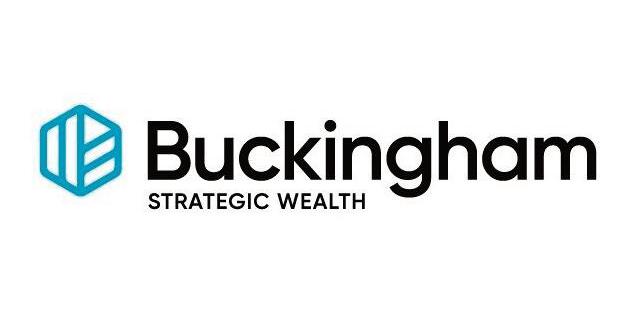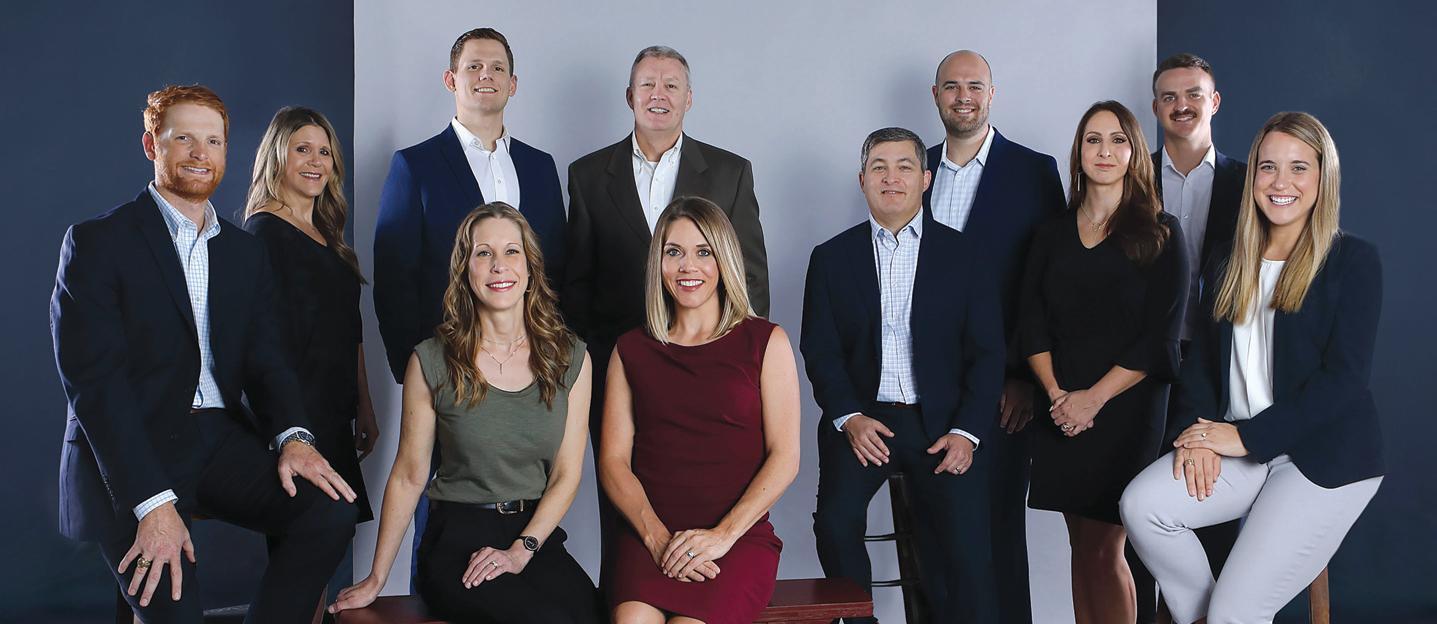
2 minute read
STRATEGIC WEALTH
from August 2023
by societylife
Q: The last year or so has seemed hard on our economy. Financially, what should I be doing? Discussions of inflation and even a recession can be scary, but the good news is they do not necessarily change your financial actions. The U.S. economy is one of the strongest in the world and has not only survived but thrived through 17 recessions in the last 100 years, including world wars, political unrest, inflationary periods, etc. So the best financial strategies remain the same: think carefully about large discretionary purchases if possible, try to maintain a goal of six months of cash reserves, and find ways to make yourself occupationally indispensable. Furthermore, if it has been a long time since you have looked at your monthly spending in detail now would be a good time to do that, as well as prepare a backup plan budget in case of a loss of income. Remember, keeping an appropriate level of cash is still critical to being able to be proactive instead of reactive to financial curveballs.
Q: The stock market seems especially volatile. Should I be invested in stocks right now? Similar to the resiliency of our economy, the U.S. stock market has produced a robust 10.5% annualized return over the past 100 years – the same time period of our country’s history dotted with wars, recessions, and political infighting. In fact, just so far this year while many are still contemplating whether or not to invest in the U.S. stock market, it has quietly produced gains of about 17%. But investors only received those strong historical returns by staying invested through all the years— good and bad. Investment brokers often want you to frequently move in and out of stocks providing them with added commis- sions, but this strategy has been longproven to be inferior to our evidencedbased investment strategy. Given that the U.S. stock market has historically been up 75% of the last 100 individual calendar years and it has been proven almost impossible to consistently and accurately predict the direction of the markets, this is the main reason this “stay in your seat” strategy has been so rewarding to longterm investors.

Q: What is the value the CERTIFIED FINANCIAL PLANNERTM designation? In the U.S. only about 29% of financial advisors are CFPs®. The CFP® designation is one of the most prestigious designations in the financial planning industry, requiring years of coursework, industry experience and includes one of the highest regarded ethical and fiduciary standards. And since a CFP® professional focuses on creating an actual financial plan for your future, this provides a better chance of reaching your financial goals.


Q: With all the automated financial resources available today, do I really need an actual financial plan? Nobody seems to mind the plane flying on autopilot until there is an aircraft emergency, at which point they want a pilot with critical wisdom, experience, and judgement to take over. Statistics show a much higher success rate of reaching your retirement goals by working with a CERTIFIED FINANCIAL PLANNERTM. This is no different than choosing to hire a personal trainer to lose weight versus crafting a diet/workout program on your own. The main reason to have an actual financial plan and work with a CFP ® is that financial plans cover a lifetime, during which continual adjustments are needed as your life unfolds.

Q: How do I choose the right financial expert for my needs? After decades in this industry, here is what I have learned. Everyone goes through financial seasons in their lives. Earlier in your life financial issues may have been simpler than they are now, so most people “graduate” to needing a financial expert as they get closer to (and in) retirement. Remember, it is harder to keep wealth than to build wealth. Also, since most financial advisors are “captive” in the financial products they can recommend, consider using an independent fiduciary advisor who can recommend investment and other products that are actually best for the client instead of the advisors own pocketbook. And finally, consider a comprehensive financial planner who can focus on not just investments, but also critical areas such as tax and estate planning, insurance, college funding, and retirement planning.

Mark Goodwin, Mortgage President for First National Bank Mortgage,











